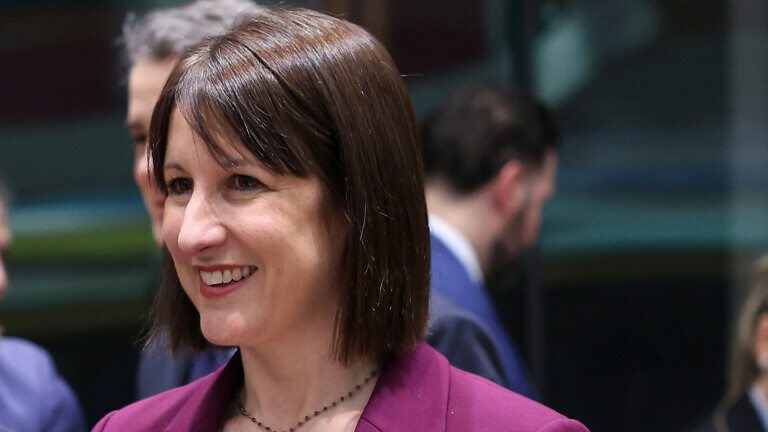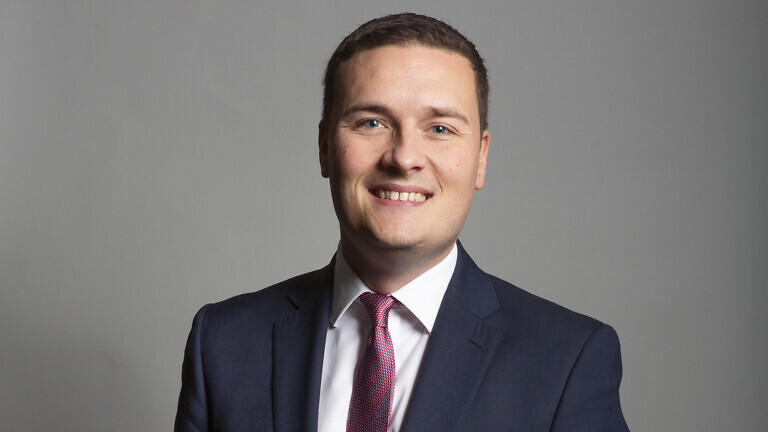Although the Welsh government believes that the new contract will improve access, the British Dental Association says that many areas of ambiguity remain.
The Welsh government says that a new dental contract for Wales will improve access to NHS dentistry for everyone as health needs and prevention are put at the heart of the new system.
This is the first major reform of the contract in 20 years and will replace the units of dental activity contract, which pays dentists to recall patients every six months, regardless of whether they have any problems.
The new contract, which will come into effect in April next year, will mean people will be seen based on their oral health needs. Those who need active treatment or support to maintain their oral health will be seen more regularly.
Under the reformed system, practices will receive payments to continue seeing existing patients for recall appointments, giving dentists the freedom to monitor oral health based on individual risk and need. The new contract will also see increased NHS payments to dentists, with general fee rates rising from the proposed £135 to £150 per hour.
Under the new system, those who pay for NHS treatment will pay 50% of their treatment package value, capped at a maximum of £384, regardless of how much care they need. This is a reduction from the 55% originally proposed. It ensures NHS dental care remains affordable and protects patients from unexpected costs.
Plastering cracks
The British Dental Association, however, warned that although change looks like progress, there still remain many areas of ambiguity.
“There are some important wins here. But plastering over a few of the biggest cracks is just superficial repairs,” said Russell Gidney, chair of the Welsh General Dental Practice Committee.
“Ministers are taking forward the biggest changes NHS dentistry in Wales has ever seen via a route that will all but rule out fixes once draft laws reach the Senedd,” he warned.
He has identified many of the big issues put out to consultation that could undermine the service, including the proposals to shift low-needs patients from practice lists to a centralised database where they would be allocated to different practices on a first-come, first-served basis.
He said that many colleagues had warned that this could undermine continuity of care and spell the end of the family dentist, with parents and children at risk of being split up and allocated to different providers.
While there have been important wins on saving commitment payments for dedicated NHS dentists and an end to proposals to cap parental leave, even with uplifts, the proposed level of payment to practices fails to reflect the true cost of care, and risks leaving NHS providers stuck delivering care at a loss or walking away from the service.



